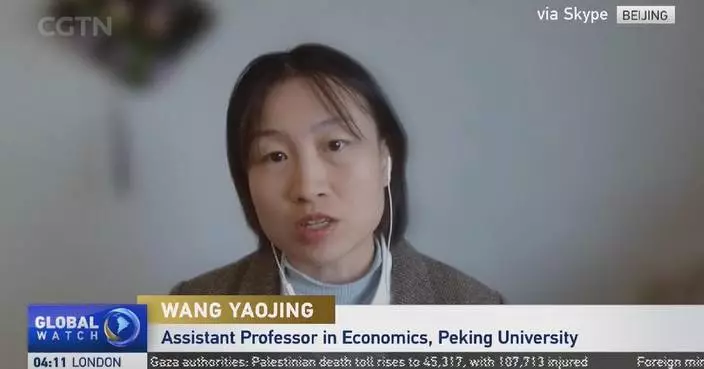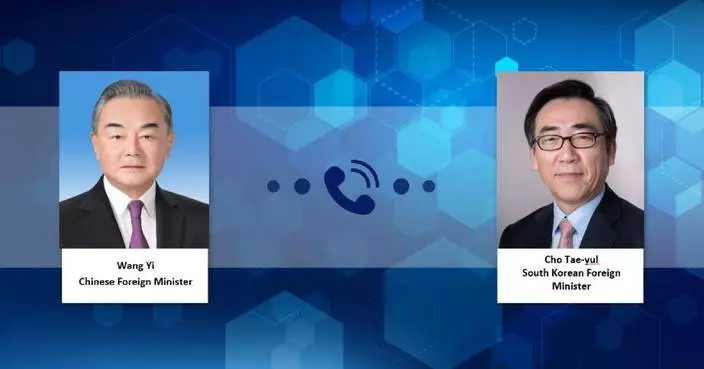China will implement a more proactive fiscal policy next year, with sustained and intensified efforts to deliver a well-coordinated package of measures aimed at ensuring economic stability and driving growth, said Finance Minister Lan Fo'an on Monday.
He made the remarks at the national work conference for the fiscal system held in Beijing from Monday to Tuesday, during which he summarized the achievements of the fiscal system in 2024 and outlined its key tasks for 2025, saying the government will focus on five key areas.
"First, we will increase the fiscal deficit ratio, increase spending, and accelerate expenditure progress. Second, we will issue larger-scale government bonds to provide stronger support for stabilizing growth and optimizing economic structure. Third, we will vigorously improve spending structures and ensure precise allocation, with a stronger focus on enhancing people's livelihoods, boosting consumption, and fostering long-term growth. Fourth, we will continue efforts to prevent and mitigate risks in key areas, ensuring stable and sustainable fiscal operations. Fifth, we will further fiscal payment transfers to local governments to strengthen their financial capacity, and ensure the 'three guarantees' - guaranteeing people's basic living needs, salary payments, and grassroots operations," Lan said.
Lan also highlighted that fiscal departments at all levels will strive to improve fiscal management, advance zero-based budgeting reforms, deepen tax and fiscal system reforms, prevent and dissolve local government debt risks, enhance supervision, and improve the efficiency of financial governance.
"In terms of special-purpose bonds, we have carried out entire life cycle management, addressing both 'existing stock' and increments,' so as to ensure that fiscal policy is more proactive," said Lyu Linbang, director of the Gansu Provincial Department of Finance, on the sidelines of the conference.
"We'll guide more resources to put in key areas and critical links for high-quality development," said Li Feng, director of the Shandong Provincial Department of Finance.
"Zero-based budgeting reform has achieved initial results, with the provincial government having recovered a total of 16.7 billion yuan (about 2.3 billion U.S. dollars) from non-essential and inefficient funds. Moving forward, we will use zero-based budgeting reform to drive deeper progress in other fiscal and tax reforms," said Chen Bozhang, director of the Hunan Provincial Department of Finance.

China to implement more proactive fiscal policies in 2025










